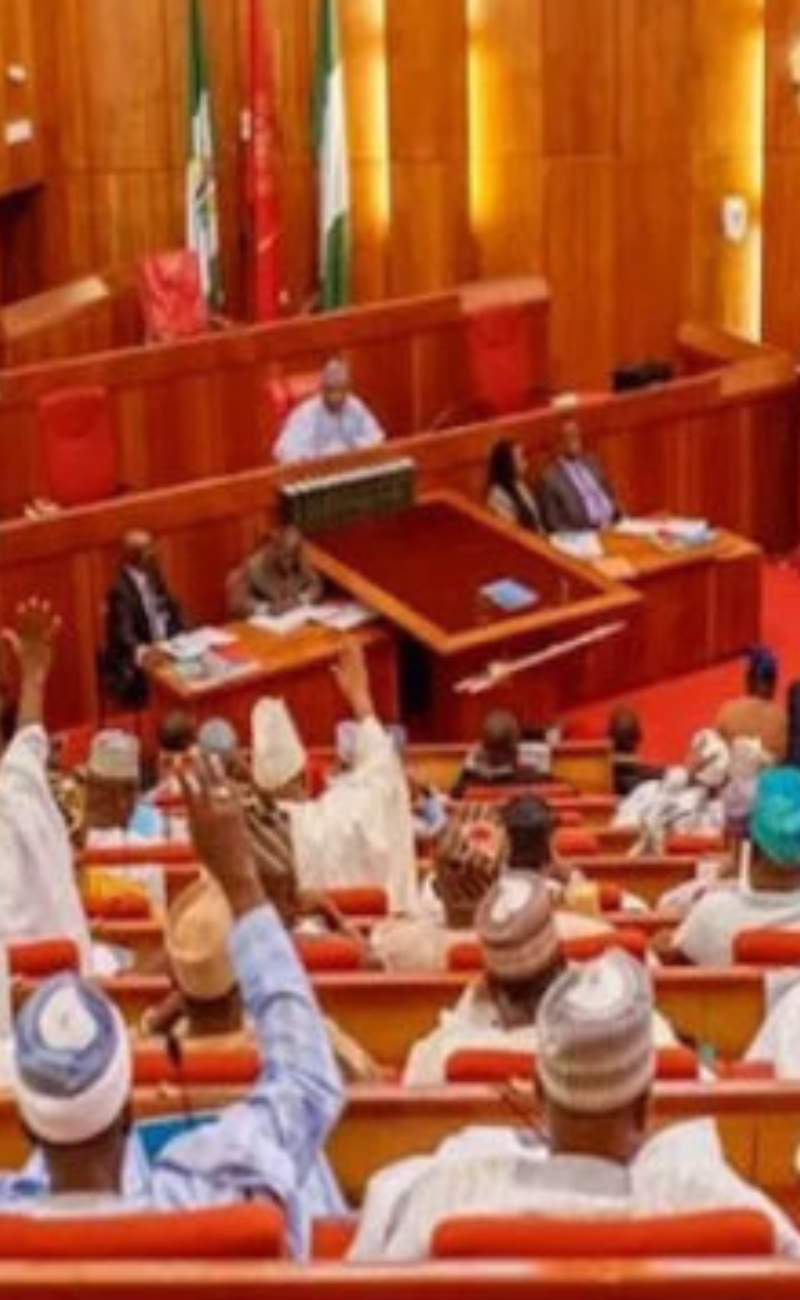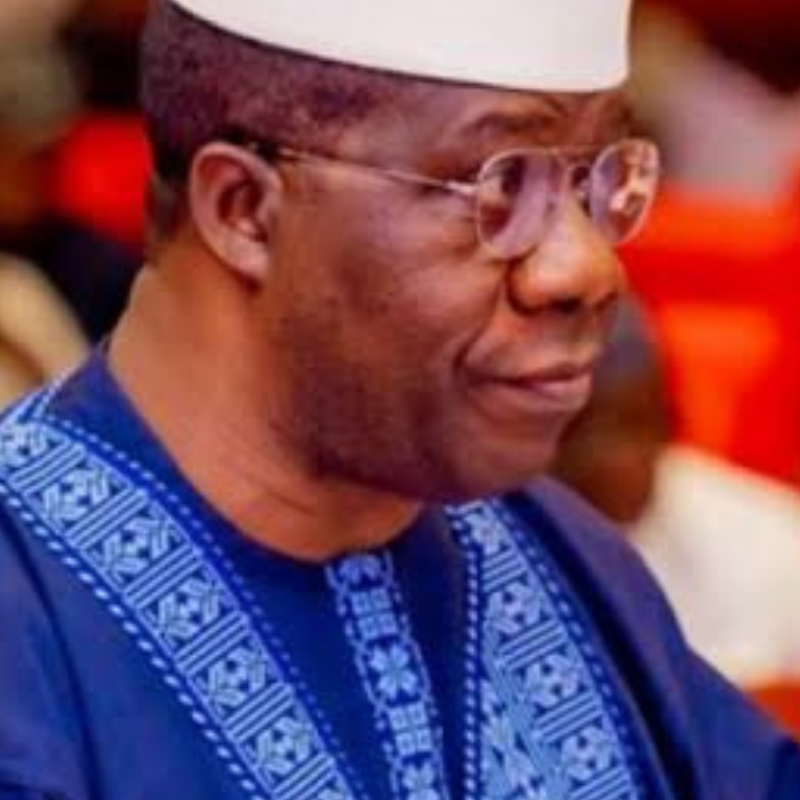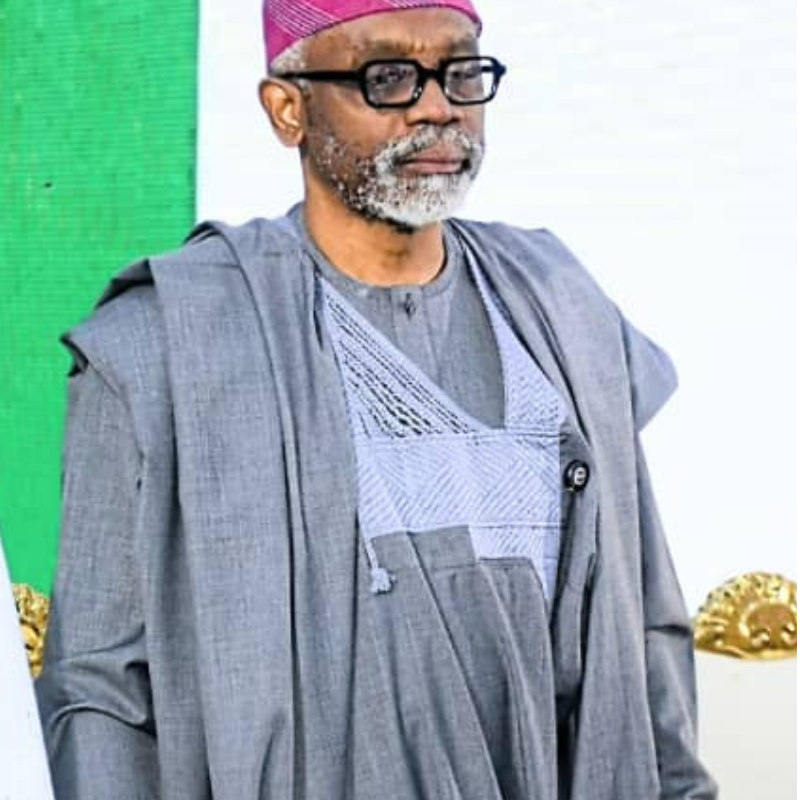Though no longer in public office, this class of FLEX has traversed both legislative and executive roles, leaving enduring footprints that have helped shape Nigeria’s democracy
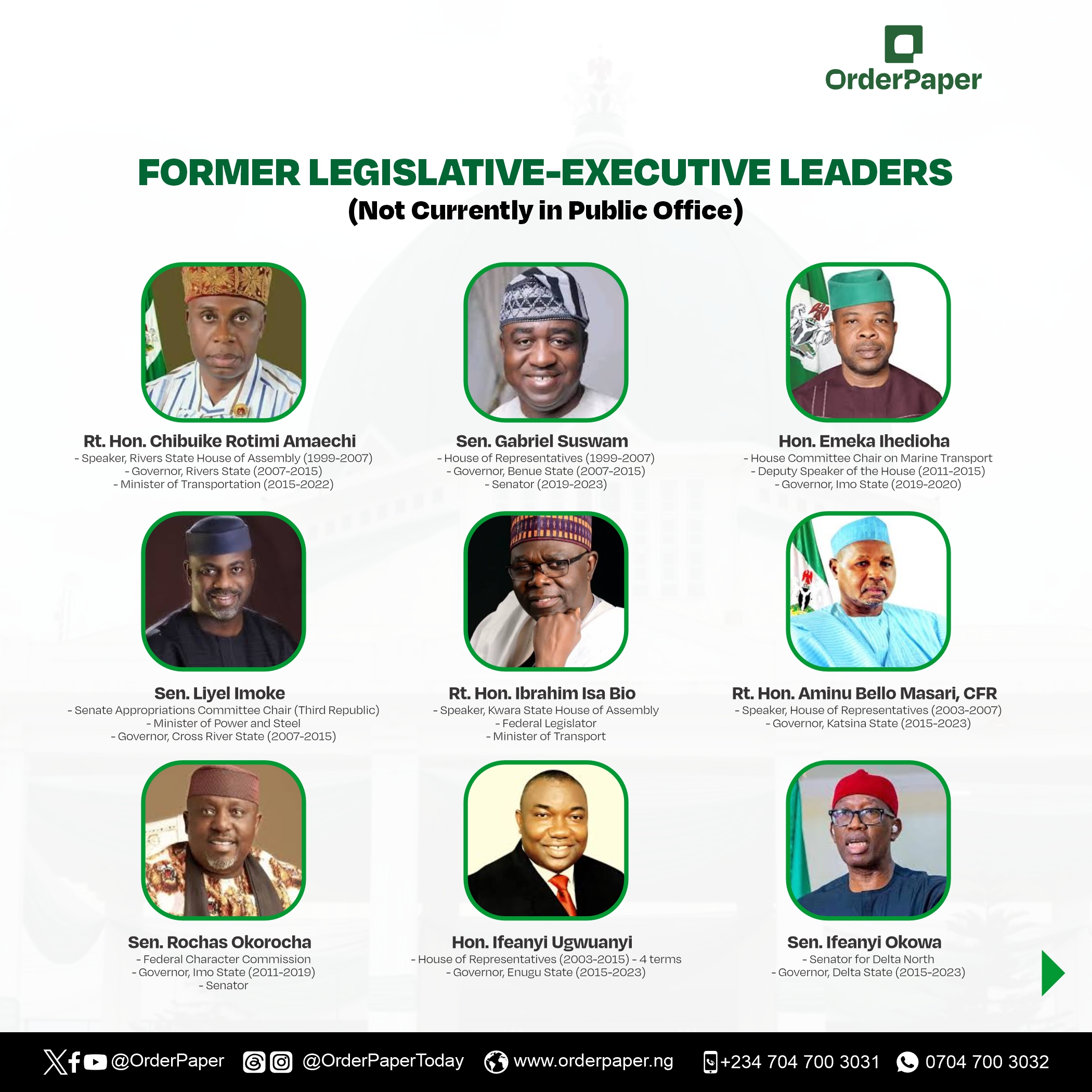
In every functioning democracy, the Legislature makes laws while the Executive implements them. In Nigeria, these two distinct yet interdependent arms of government essentially power governance.
But what legacies remain from those who have walked both paths, crafting laws in parliament and driving policies from executive chambers?
“Experience is the best teacher,” goes the adage, but leadership expert, John Maxwell, adds, “Evaluated experience is the best teacher.” Reflecting on lessons learned and applying insights to new challenges is where true leadership wisdom is forged.
This philosophy anchors the Facility for Legislative-Executive Exchange (FLEX)—an OrderPaper Nigeria initiative documenting the legacies of political leaders who have transitioned between the Legislature and the Executive.
FLEX and ICONS Explained
Birthed from a 2024 Policy Review, FLEX is particularly relevant in President Bola Tinubu’s administration, where crossovers between the legislative and executive arms are notably prevalent.
With over 26 years of uninterrupted democracy in Nigeria’s Fourth Republic, these FLEX personalities—identified by OrderPaper, Nigeria’s premier parliamentary think tank—are not just seasoned politicians; they are catalytic figures who have bridged governance gaps and reshaped institutional development.
ALSO READ: FLEX: Meet the 21 senators with executive experience
Through the Initiative for Celebrating Outstanding National Statespersons (ICONS), OrderPaper aims to spotlight the best of these trailblazers—leaders whose political journeys have supposedly elevated governance standards and advanced Nigeria’s democratic evolution.
This recognition comes alive on the back of a commemorative Book of Records and a digital archive designed to immortalize their contributions and legacies, whether good or bad.
Former FLEX actors on the scene
This feature profiles former governors, deputy governors, ministers, legislators, and federal agency heads who, though not currently in public office, have wielded influence across Nigeria’s governance landscape.
Among them are Rt. Hon. Chibuike Rotimi Amaechi, Sen. Ifeanyi Okowa, Rt. Hon. Emeka Ihedioha, Sen. Gabriel Suswam, Sen. Liyel Imoke, Sen. Anyim Pius Anyim, Sen. Bukola Saraki, Sen. Rabiu Kwankwaso, Rt. Hon. Ibrahim Bio, Rt. Hon. Aminu Masari, Sen. Rochas Okorocha, and Hon. Ifeanyi Ugwuanyi.
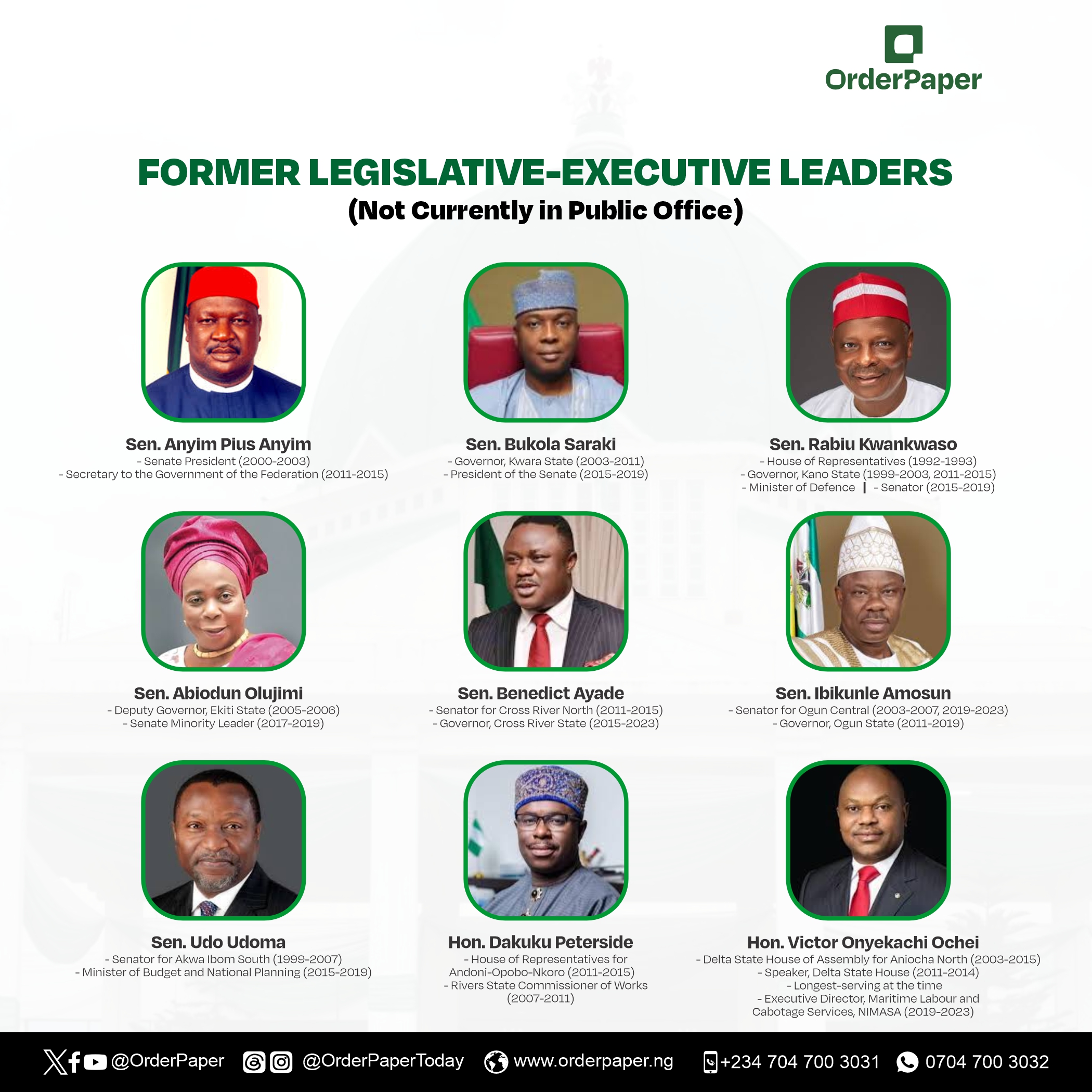
Rt. Hon. Chibuike Rotimi Amaechi
From presiding over the Rivers State House of Assembly (1999–2007) to governing Rivers State for two terms (2007–2015), Amaechi’s trajectory reflects a model of legislative-executive synergy.
As speaker and chair of the Conference of Speakers of State Legislatures in Nigeria, he was a leading voice for legislative autonomy. As governor, he declared an emergency in the education sector, building over 500 model primary schools and recruiting 13,000 teachers. His infrastructure footprints continued at the federal level as Minister of Transportation (2015–2022), where he spearheaded Nigeria’s railway modernization, delivering the Abuja-Kaduna, Lagos-Ibadan, and Warri-Itakpe standard gauge lines.
Sen. Gabriel Suswam
Suswam’s journey from the House of Representatives (1999–2007) to Governor of Benue State (2007–2015) and later Senator (2019–2023) underscores a blend of legislative insight and executive pragmatism. As House Appropriations Committee Chair, he pivoted the dynamics of fiscal transparency. As Governor, he reportedly prioritized people-centric projects in education, rural infrastructure, and healthcare. Back in the Senate, Suswam championed the restoration of suppressed federal constituencies and opposed electricity tariff hikes during COVID-19, reflecting his enduring grassroots connection.
Rt. Hon. Emeka Ihedioha
A media aide turned lawmaker, Ihedioha‘s rise from House Committee Chair on Marine Transport to Deputy Speaker of the House (2011–2015) prepared him for his brief but impactful tenure as Governor of Imo State (2019–2020).
Known for his fiscal reforms, he institutionalized the TSA, Open Government System, and reactivated the Bureau for Public Procurement. Within months, he signed 17 bills into law, earning Imo State accolades for transparency and governance.
Sen. Liyel Imoke
A technocrat-legislator, Imoke’s early role as Senate Appropriations Committee Chair during the short-lived Third Republic and later as Minister of Power and Steel laid the groundwork for Nigeria’s National Integrated Power Project (NIPP) era. As Governor of Cross River State (2007–2015), he championed rural healthcare, social welfare, and public infrastructure, focusing on policies that impacted the most vulnerable citizens.
Rt. Hon. Ibrahim Isa Bio
From Speaker of Kwara State House of Assembly to federal legislator, Bio’s tenure as Minister of Transport saw regulatory reforms pivotal to the modernization of Nigeria’s transport infrastructure banking on his experience in the legislature. His leadership of the National Sports Commission (NSC) thereafter, further expanded his governance footprint, focusing on administrative efficiency and sports development.
Rt. Hon. Aminu Bello Masari
Masari’s tenure as Speaker of the House of Representatives (2003–2007) was marked by legislative stability and enhanced oversight, an experience he leveraged on as Governor of Katsina State (2015–2023). He prioritized education, healthcare, agriculture, and rural security, building over 2,000 classrooms and implementing targeted agricultural support programmes.
Sen. Rochas Okorocha
Okorocha’s journey traversed roles at the Federal Character Commission, Presidential Advisory positions, and Governor of Imo State (2011–2019). As governor, his free education policy, infrastructural development, and youth empowerment schemes have left a lasting legacy. In the Senate, his executive experiences enriched debates on social welfare and inclusion.
Hon. Ifeanyi Ugwuanyi
Spanning four terms in the House of Representatives (2003–2015), Ugwuanyi’s legislative leadership transitioned into a pragmatic executive style as Governor of Enugu State (2015–2023). He executed massive infrastructural projects, prioritized judicial reforms, and maintained Enugu’s reputation as one of Nigeria’s most financially stable states.
Sen. Ifeanyi Okowa
Okowa’s political ascent from local government leadership to Senator for Delta North and later Governor of Delta State (2015–2023) highlights his grassroots-to-national influence. His healthcare reforms, youth empowerment programs, and legislative acumen reflect a career steeped in policy innovation and human capital development.
Sen. Anyim Pius Anyim
As Senate President (2000–2003) and Secretary to the Government of the Federation (2011–2015), Anyim’s career is a study in bridging legislative-executive divides. He was instrumental in driving governmental reforms and coordinated Nigeria’s 2014 national conference, advocating institutional cohesion.
Sen. Bukola Saraki
From Governor of Kwara State (2003–2011) to President of the Senate (2015–2019), Saraki exemplified the intersection of executive experience and legislative leadership. Under his watch, the 8th Senate achieved some legislative productivity, while his background in state governance sharpened his oversight acumen.
Sen. Rabiu Kwankwaso
Kwankwaso’s career spans the House of Representatives (1992–1993), Governor of Kano State (1999–2003, 2011–2015), Minister of Defence, and Senator (2015–2019). His governance legacy includes expansive educational reforms, infrastructural development, and human capital investments that have left lasting socio-economic impacts.
Sen. Abiodun Olujimi
Olujimi’s evolution from Deputy Governor of Ekiti State (2005–2006) to Senate Minority Leader (2017–2019) epitomizes gender-inclusive leadership. Her advocacy for the Gender and Equal Opportunities Bill and campaigns against human trafficking are testaments to her legislative courage and commitment to equity.
Others in this category who have had both executive and legislative footprints are Sen. Benedict Ayade, Sen. Ibikunle Amosun, Sen. Udo Udoma, and Hon. Dakuku Peterside.


